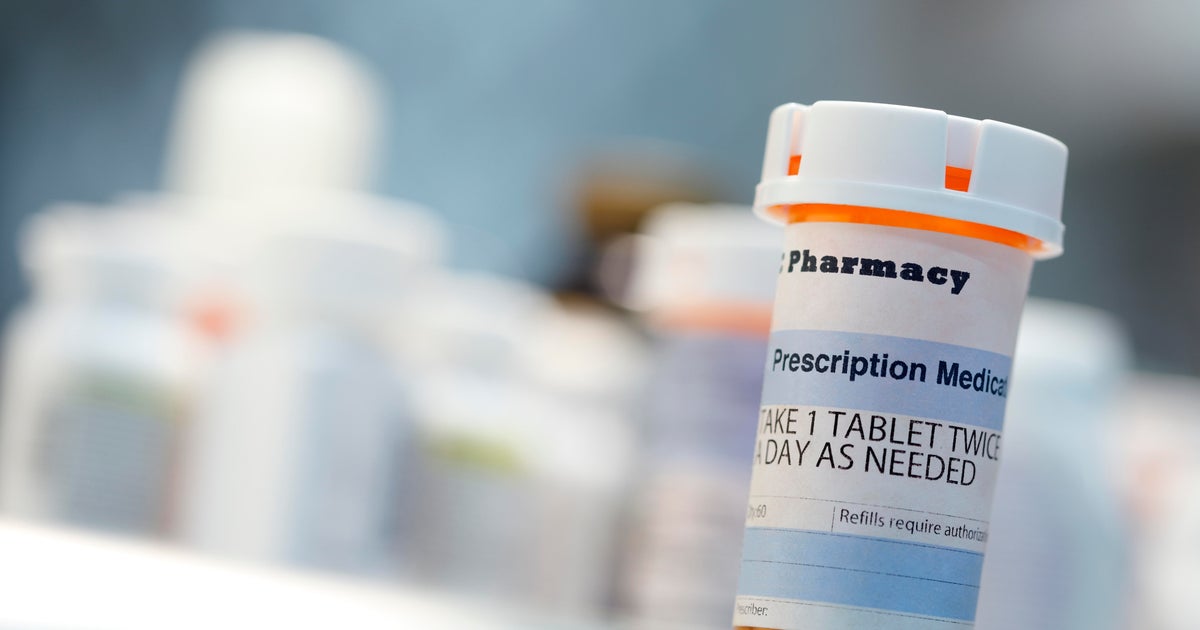FDA Approves First Pill To Help Prevent HIV
FT. LAUDERDALE (CBSMiami) - A drug that reduces the chances of getting HIV is about to hit the market and that's great news for South Florida which leads the nation in new HIV case rates.
The Food and Drug administration has approved Truvada, the first drug shown to reduce the risk of HIV infection.
A 3-year study showed a daily dose cut the risk of infection 42-percent, when accompanied by condoms and counseling. It's a milestone in the 30-year battle against the virus that causes AIDS.
"I think it's something that should have been done a while ago," said Rob Rowe.
Gilead Sciences Inc. has marketed Truvada since 2004 as a treatment for people who are infected with the virus.
While many people excited that the pill will reduce the risk of infection, others worry this could make things worse because people will revert to reckless, dangerous sexual behavior.
"They're going to think that they don't have to use protection, that's what it's all going to be about," said Brian Benway.
"I'm very happy that Truvada has been released by the FDA," said Dr. Sheetal Sharma.
Dr. Sharma works with Broward Health System and the Broward House Service agency. As an HIV specialist, he's thrilled with the new prevention tool. But, he knows Truvada is not 100% effective in cutting the spread of HIV and does nothing to stop sexually transmitted diseases.
"The downside is that don't drop your guard regarding safer sex practices because syphilis, gonorrhea, herpes, genital warts, hep c infections could still come in," said Dr. Sharma.
Dr. Sharma said he's also worried that some people might think you can just pop a pill before risky sex and be okay.
"That's a terribly wrong perception," said Dr. Sharma, "Patients will want to do that, 'Oh well, this is the evening before pill', but it won't work that way."
Health officials are hoping insurance will cover Truvada, which costs about a thousand dollars a month, now that it has FDA approval.
"What we really need is a vaccine that would completely wipe out any chances of getting the disease and really need to find a herpes cure," said John Fama.
Health experts agree that the bottom line has remained the same for the last three decades; prevention and safe sex remain the keys to stopping the spread of HIV.







